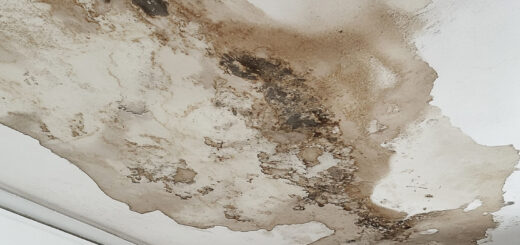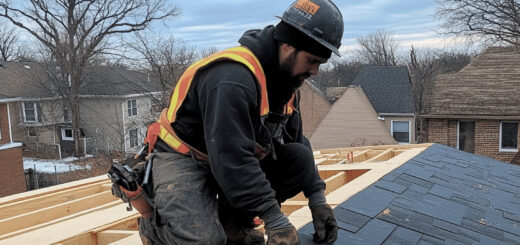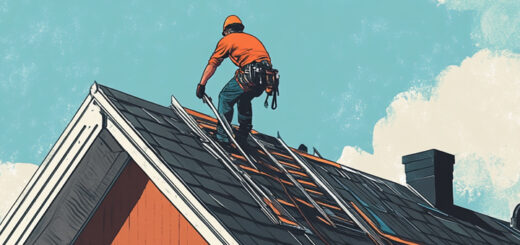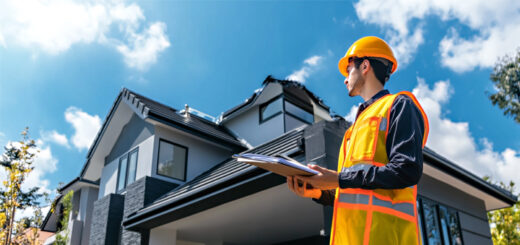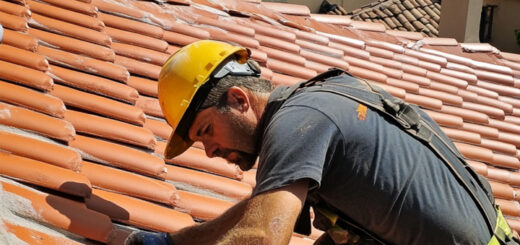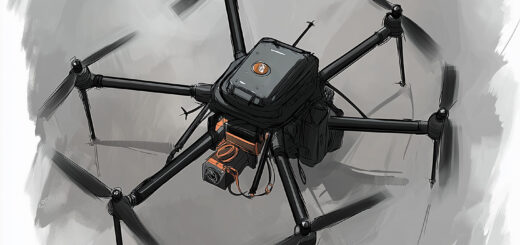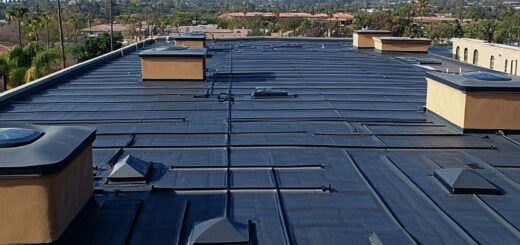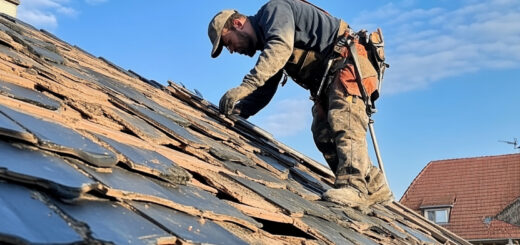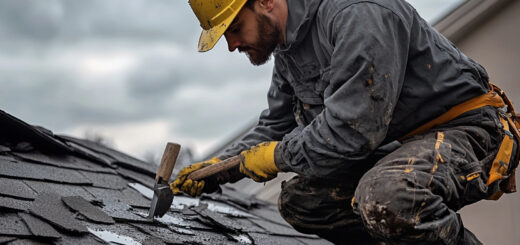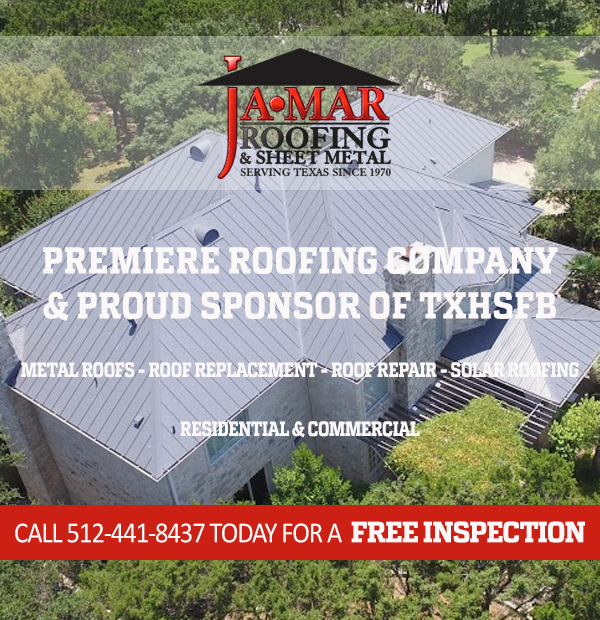How to Fix Common Issues with Commercial Roofs
Understanding the basics of commercial roof systems is essential for anyone involved in building maintenance or construction. Commercial roof types vary significantly, each designed to meet specific needs and environmental conditions. The most common type is the flat roof system, which is favored for its cost-effectiveness and ease of installation. Flat roofs offer a practical solution for large buildings, providing space for HVAC systems and other equipment.
When discussing commercial roofing materials, it’s important to note that they are chosen based on durability, energy efficiency, and weather resistance. Common materials include TPO (Thermoplastic Olefin), EPDM (Ethylene Propylene Diene Monomer), and PVC (Polyvinyl Chloride). Each material offers unique benefits; for instance, TPO is known for its reflective properties that enhance energy efficiency.
The commercial roof structure itself must be robust enough to support these materials while accommodating drainage needs inherent in flat designs. Understanding these roofing basics helps property managers make informed decisions about installation and maintenance, ensuring longevity and performance of their commercial roofs.
Identifying Common Problems in Commercial Roofing
Commercial roofing systems are crucial to the integrity and functionality of any business facility, yet they are often subject to a variety of issues that can compromise their effectiveness. One of the most prevalent problems encountered is roof leaks. These leaks can arise from various sources, such as damaged flashing or deteriorated seals around roof penetrations, and if left unaddressed, they can lead to significant water damage within the building.
Another common issue is ponding water on the roof. This occurs when water fails to drain properly and accumulates in certain areas, potentially leading to increased weight load and accelerated deterioration of roofing materials. Regular inspections and maintenance are essential in identifying drainage issues early on.
Roof membrane damage is also a frequent concern for commercial properties. Membranes can suffer from punctures or tears due to foot traffic, severe weather conditions, or falling debris. Such damage not only affects the waterproofing capability but also exposes underlying layers to further harm.
Thermal shock effects present another challenge for commercial roofs. Rapid temperature fluctuations can cause roofing materials to expand and contract excessively, leading to cracks or splits in the membrane over time. Implementing appropriate insulation measures can help mitigate these effects.
Addressing these common commercial roofing issues promptly through regular inspections and timely repairs ensures that your business remains protected from environmental elements while extending the lifespan of your roofing system.
Proactive Maintenance Tips for Preventing Roofing Problems
Proactive maintenance is essential for preventing roofing problems and ensuring the longevity of your roof. A well-maintained roof not only protects your home but also saves you from costly repairs in the future. Here are some key tips to keep your roof in top condition.
First, develop a comprehensive roof maintenance checklist. This should include regular inspections, ideally twice a year, in spring and fall. During these inspections, look for signs of damage such as missing or damaged shingles, cracked caulk, or rust spots on flashing. Early detection of these issues can help prevent more significant problems down the line.
Regular inspections aren’t complete without paying attention to your gutters. Clogged gutters can lead to water build-up and potential damage to both the roof and foundation of your home. Implementing gutter cleaning tips such as removing leaves and debris regularly will ensure proper water drainage away from your house.
Preventive maintenance for roofs also involves trimming overhanging tree branches that could damage shingles during storms or provide easy access for pests like squirrels or raccoons. Additionally, check attic ventilation to prevent moisture build-up that can lead to mold growth and structural damage.
By following these proactive maintenance tips, you can help extend the life of your roof while maintaining its protective function over time. Remember that consistent care is key in avoiding unexpected roofing issues and ensuring peace of mind for years to come.
Diy Solutions for Minor Roof Repairs and When to Call a Professional
When it comes to maintaining your home, the roof is one of the most critical components. Minor issues like small leaks can often be addressed with some DIY roof repair tips, saving you time and money. For instance, if you notice a small leak, start by identifying the source of the problem. This could be due to damaged shingles or flashing. Once located, you can fix these small leaks yourself by replacing broken shingles or sealing gaps with roofing cement.
However, it’s essential to know when a problem is beyond a DIY solution and requires professional expertise. If you’re dealing with extensive damage, persistent leaks despite your efforts, or structural concerns like sagging roofs, it’s time to hire a roofer. The benefits of hiring a professional roofer include their expertise in identifying underlying issues that might not be apparent at first glance and ensuring that repairs are done safely and effectively.
Remember that while DIY repairs can be effective for minor issues, they should never compromise safety or long-term integrity of your home’s structure. Always assess the situation carefully and don’t hesitate to call in professionals when needed for comprehensive solutions.
The Role of Weatherproofing in Protecting Your Commercial Roof Investment
When it comes to safeguarding your commercial roof investment, weatherproofing plays a crucial role. Weatherproof roofing solutions are designed to protect roofs from weather damage, ensuring longevity and durability. By implementing effective insulation and waterproofing techniques, businesses can prevent costly repairs and extend the life of their roofing systems.
Weatherproofing involves the application of materials and methods that shield the roof from various environmental elements such as rain, wind, snow, and extreme temperatures. Insulation is a key component in this process, as it helps maintain temperature stability within the building while reducing energy costs. Proper insulation minimizes heat loss during cold months and reduces heat gain during warmer seasons.
Waterproofing techniques are equally essential in preventing water infiltration that can lead to structural damage or mold growth. This includes applying protective coatings or membranes that create a barrier against moisture penetration. Regular maintenance checks for leaks or damages are also vital in ensuring the effectiveness of these solutions.
Incorporating comprehensive weatherproof roofing solutions not only protects your investment but also contributes to a safer and more comfortable environment for occupants. By prioritizing these measures, business owners can ensure their commercial roofs remain resilient against nature’s challenges for years to come.
Selecting the Right Contractor for Major Roof Overhauls or Replacements
When it comes to major roof overhauls or replacements, selecting the right contractor is crucial for ensuring a successful project. Here are some essential tips and questions to guide you in choosing a roofing contractor.
First, research potential contractors thoroughly. Look for those with extensive experience in commercial reroofing services and check their credentials, including licenses and insurance. A reputable contractor should be able to provide proof of both.
Next, ask for references from past clients and take the time to read reviews online. This will give you insight into the quality of their work and customer satisfaction levels. Additionally, inquire about warranties on both materials and workmanship to ensure long-term protection for your investment.
When meeting with potential contractors, prepare a list of questions to ask your roofer. Some important ones include: What is your experience with projects similar to mine? Can you provide a detailed written estimate? How do you handle unexpected issues during the project? These questions will help you gauge their expertise and reliability.
Finally, compare multiple estimates before making your decision. While cost is an important factor, it shouldn’t be the only consideration. Balance price with the contractor’s reputation, experience, and ability to communicate effectively throughout the project.
By following these steps and asking pertinent questions, you’ll be well-equipped to choose a roofing contractor who can deliver quality results for your major roof overhaul or replacement needs.
Ensuring Longevity and Efficiency in Your Commercial Roofing System through Regular Care and Expert Help
In conclusion, maintaining the longevity and efficiency of your commercial roofing system hinges on a proactive approach that combines regular care with professional expertise. Regular inspections and maintenance are crucial for identifying potential issues before they escalate into costly repairs. By scheduling routine check-ups, you can ensure that minor problems such as leaks or damaged shingles are addressed promptly, thereby extending the life of your roof.
Moreover, partnering with experienced roofing professionals offers an added layer of security. These experts bring specialized knowledge and advanced tools to assess the condition of your roof accurately and provide tailored solutions that fit your specific needs. Their guidance not only helps in maintaining structural integrity but also in optimizing energy efficiency, which can lead to significant cost savings over time.
Investing in both regular maintenance and expert assistance ultimately protects your investment by preventing premature deterioration and ensuring that your commercial roofing system remains robust against environmental challenges. By prioritizing these strategies, you can enjoy peace of mind knowing that your roof is well-equipped to withstand the test of time while supporting the operational success of your business.
